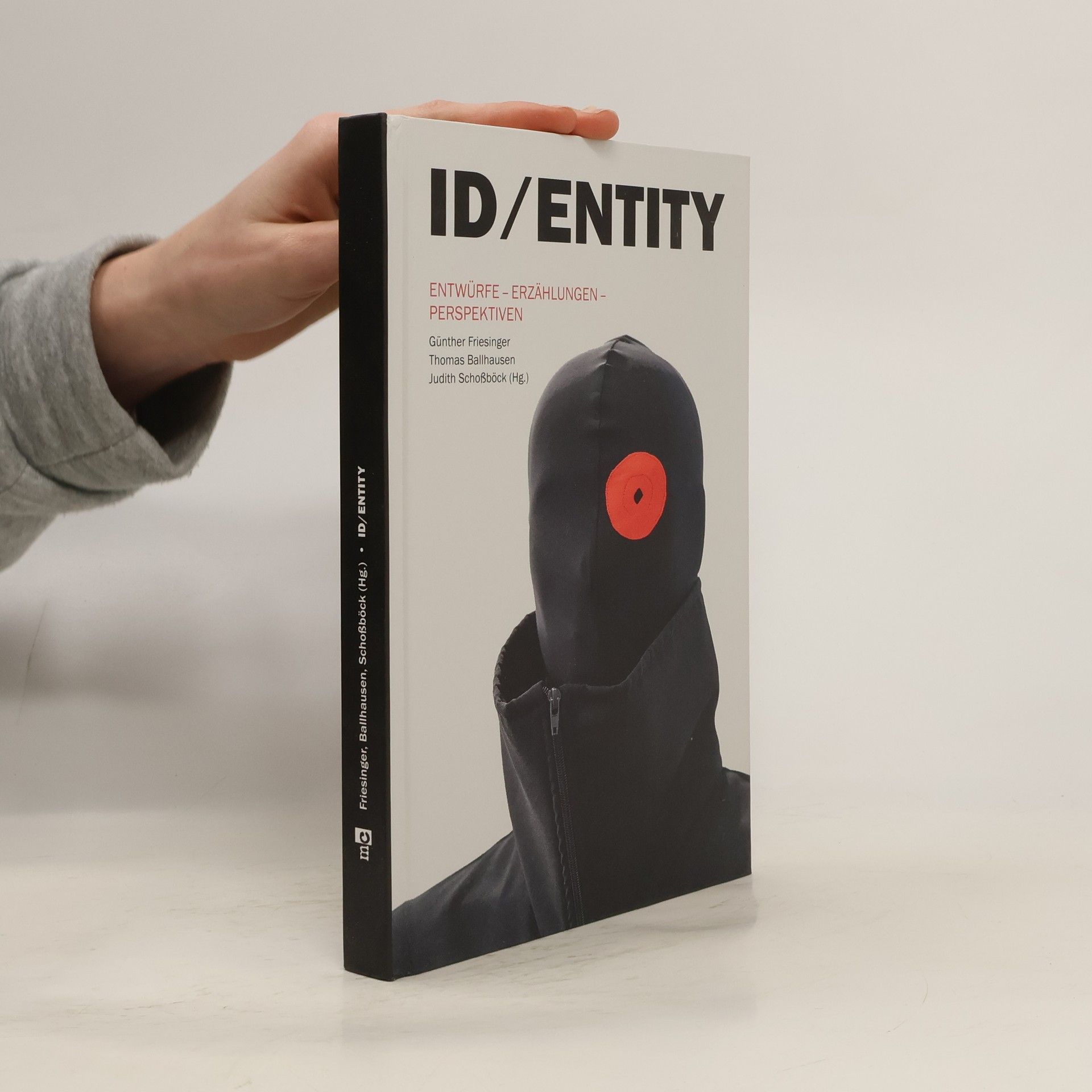This book is a journey into the past and an attempt to reinterpret the familiar. The traveler explores documents from his journeys to southern regions, creating a "Subjective Topography." It reflects not just a quest for happiness but also the complexities of reality, resulting in a 50-year panorama of the search for joy.
Günther Friesinger Book order (chronological)
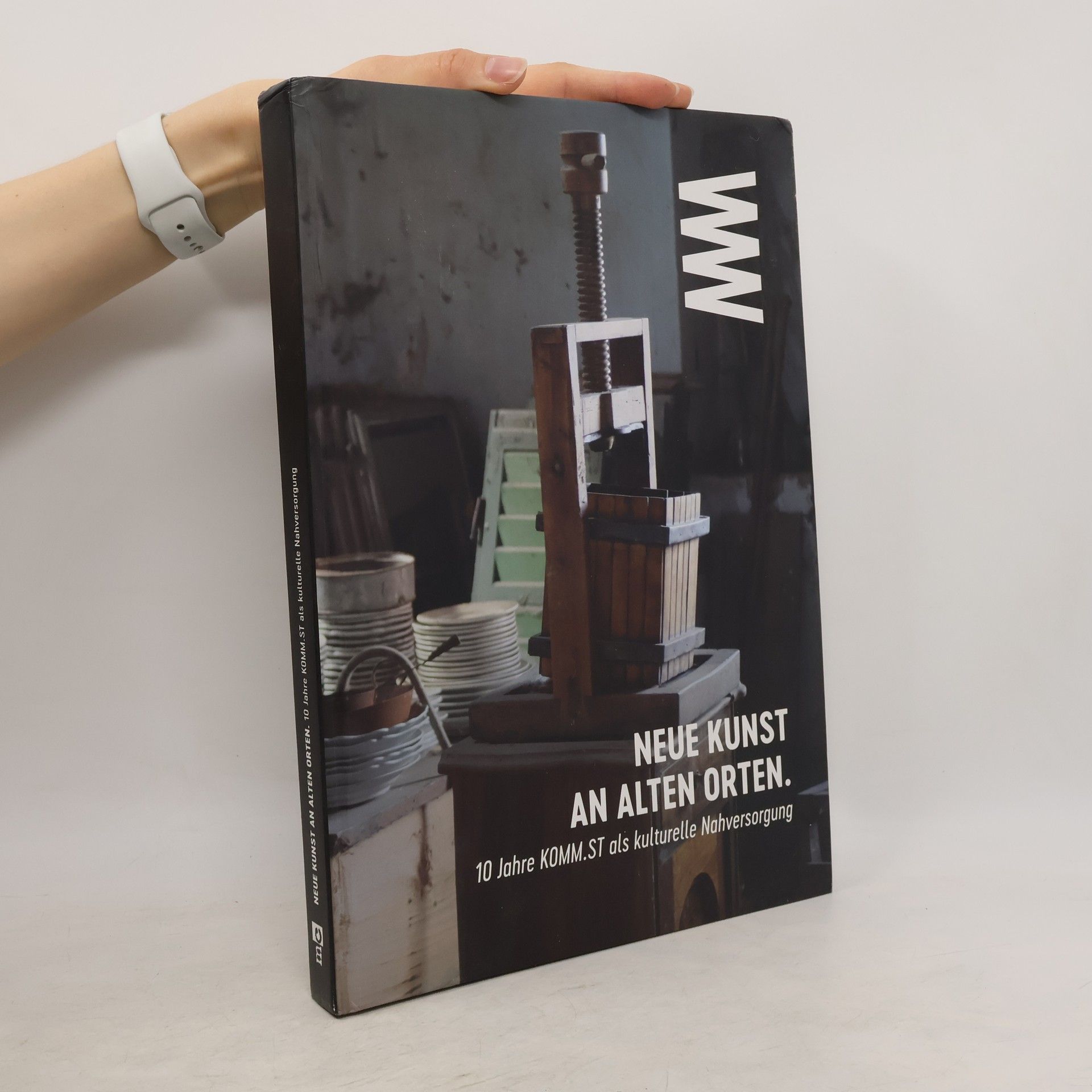
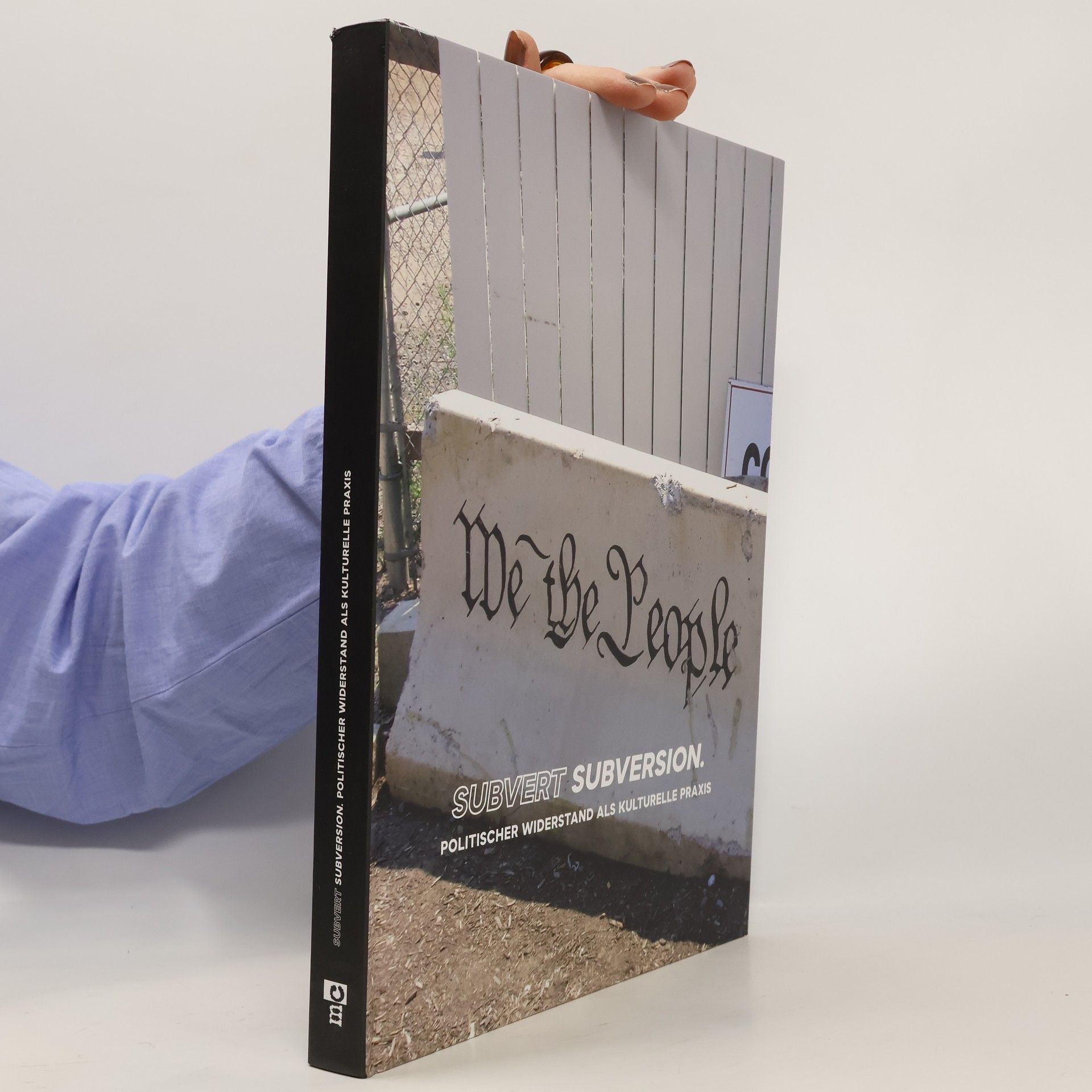

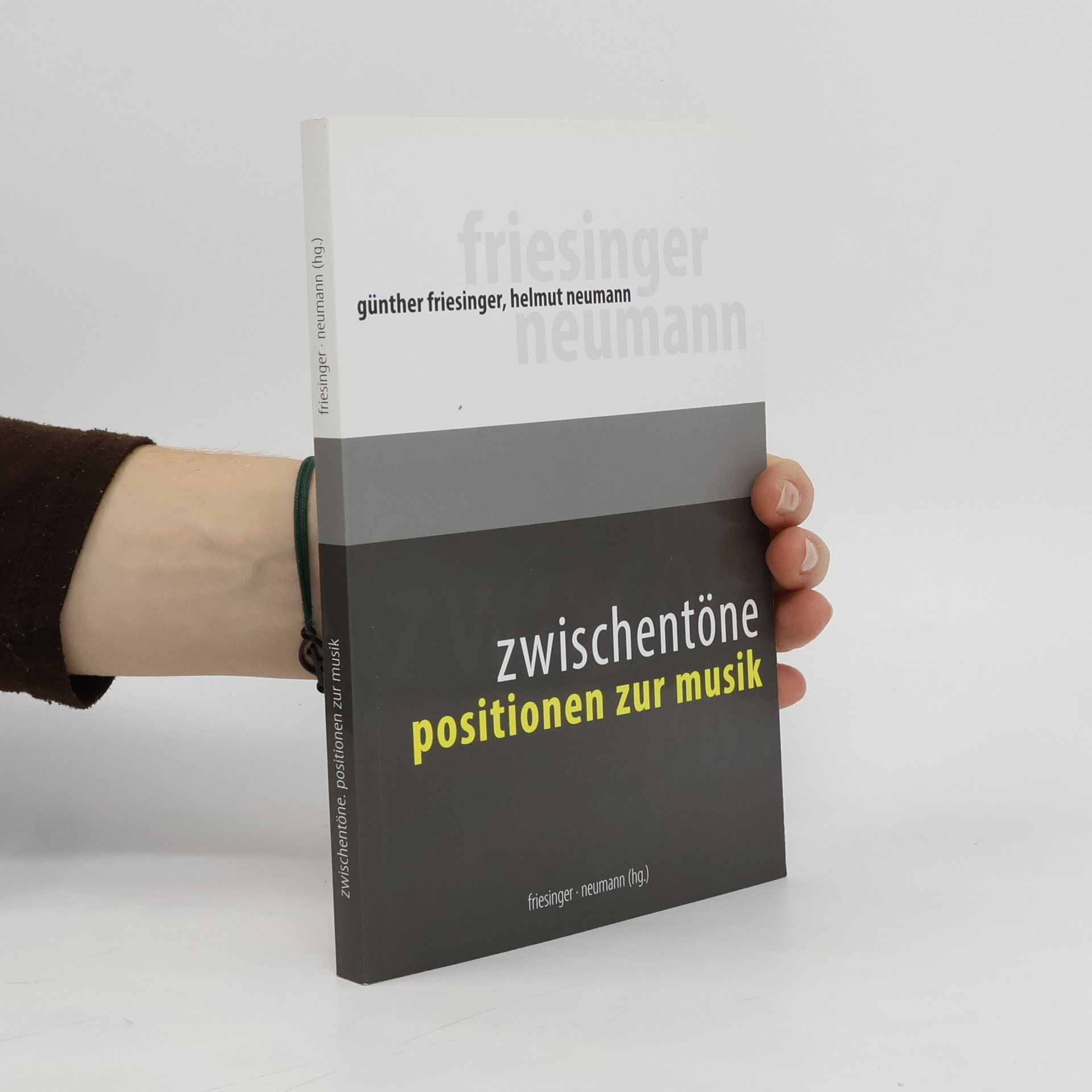

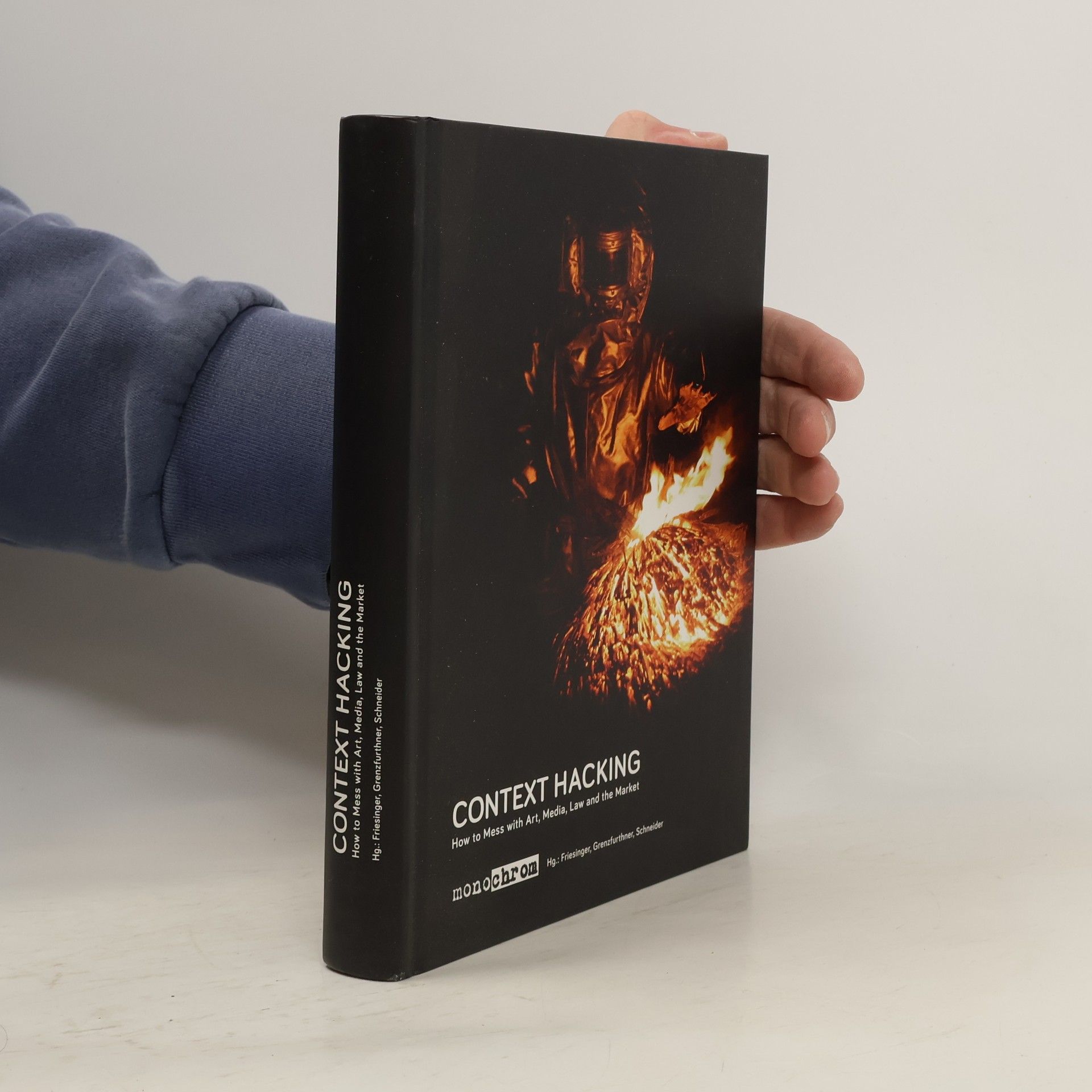
Neue Kunst an alten Orten
10 Jahre KOMM.ST als kulturelle Nahversorgung
Kunst im Gasthaus, Kunst in der Disco, Kunst im Leerstand, Kunst für die Menschen, Kunst für die Künstler*innen. Zeitgenössische Kunst von der Bühne herunterzuholen und damit zu den Menschen zu gehen, an Orte, wo sich Menschen wohlfühlen und schon seit Jahrhunderten begegnen. Das meint und lebt KOMM. ST mit „Neue Kunst an alten Orten“. Seit nunmehr 10 Jahren verfolgt KOMM. ST dieses einfache Konzept der kulturellen Nahversorgung. Kunst und Kultur sind entscheidend für unsere Lebensqualität. Als Ereignisorte, die außerhalb des Alltags liegen, tragen sie dazu bei, dass Menschen einander schichten- oder generationsübergreifend begegnen. Sie stellen neue Fragen und durchbrechen alte Vorurteile, und weil sie uns neue Perspektiven, ungewohnte Blickwinkel und innovative Herangehensweisen zeigen, können sie auch ökonomische Potentiale oder soziokulturelle Möglichkeiten freilegen, die bisher verborgen waren.
Subvert Subversion. Politische Widerstand als kulturelle Praxis
- 303 pages
- 11 hours of reading
In einer Zeit des Wandels rückt politischer Widerstand wieder stärker ins Bewusstsein. Soziale Bewegungen und Aktivismus sind entscheidend für Engagement und Transformation, doch traditionelle sozialwissenschaftliche Ansätze betrachten kollektiven Widerstand oft als irrationale Reaktionen auf Unterdrückung oder als rationale Äußerungen von Andersdenkenden. Im theoretischen Teil des Buches wird der Rahmen für die Interpretation von Widerstand, Aktivismus und sozialen Bewegungen untersucht. Welche aktuellen Theorien von Macht und Politik prägen soziale Bewegungen und schaffen eine Kultur des Dagegen-Seins? Wie wird politischer Widerstand heute gelebt, organisiert und in Aktionen umgesetzt? Kann kultureller Widerstand als politischer Widerstand verstanden werden, und wie wird aus politischem Widerstand kulturelle Praxis? Im praktischen, foto-dokumentarischen Teil werden Ausschnitte aus einer fast drei Jahrzehnte umfassenden Arbeitsgeschichte präsentiert. monochrom verbindet Kunst und politischen Aktivismus, die lange Zeit getrennt waren. Beide können voneinander lernen, Grenzen überschreiten und die öffentliche Wahrnehmung irritieren, da sie die Systemgrenze zwischen Kunst und Politik nicht reproduzieren und somit die Ordnung der bürgerlichen Gesellschaft herausfordern.
Auf Basis sich verbreiternder Informationsmaterialien und damit auch vielfältiger Angebote zur Arbeit am Ich wird die Frage nach dem Bauplan des modernen Subjekts neu reflektiert. Insbesondere Aspekte der Normierung sowie des Verhältnisses unseres Ichs zum Netz und den damit verbundenen Machtstrukturen finden sich in der Auseinandersetzung. Als Quelle von Sinn und Erfahrung grenzt Identität immer auch an Prozesse der Sinnkonstruktion, der Identifikation, an persönliche oder soziale Ziele und kulturelle Attribute. Die Baumaterialien unserer Identitäten sind vielfältig: Religion, Biologie, Klasse, Rasse, Geschlecht, Kollektive, Phantasie, Kultur sowie Zeit sind nur einige der Quellen, auf die wir bei der Konstruktion unseres Ichs zurückgreifen. Durch mediale Prozesse und Simulationen stellt sich zunehmend die Frage nach der Verarbeitung und Präsentation unserer Identitäten, die in Bezug auf Selbstdarstellung und soziale Rollen im Einklang, Widerspruch oder Konflikt stehen können. Dennoch stellen wir uns Identität als jene Form vor, die nach außen abgeschlossen und stabil ist und nach innen über ein Bewusstsein von sich selbst verfügt, das keine allzu großen Widersprüche aushalten muss. Inwieweit aber stellen uns aktuelle gesellschaftliche und mediale Strukturen vor die Herausforderung, diese Widersprüche zu integrieren?
Eurovision - Museums Exhibiting Europe (EMEE): Change of Perspective
How to Attract Non-Visitors With Artist Concepts
- 128 pages
- 5 hours of reading
Digital Migration
Konstruktionen - Strategien - Bewegungen
Die Bewegungen, die unsere Welt, unsere Gesellschaft und die Bilder, die wir uns von der Wirklichkeit machen, bestimmen, sind kontinuierlich und mannigfaltig. Die damit unleugbar verbundene Konstante des Wandels und der Metamorphose hat in den letzten Jahren eine Intensivierung und Zuspitzung erfahren, die einmal mehr deutlich macht, wie sehr sich eine aufgeklärte europäische Gemeinschaft verantwortlich fühlen müsste – eben weil „Migration“ nicht nur semantische Überlagerungen eines Begriffsfelds, sondern realpolitische Herausforderungen gezeitigt hat bzw. immer noch zeitigt. Parallel zur Abhaltung des paraflows . X Symposions, das im September 2015 unter dem Titel der „Digital Migration. Konstruktionen – Strategien – Bewegungen“ stattfand und den Kern der vorliegenden Publikation bildet, überschlugen sich die globalen bzw. lokalen Ereignisse. Rückblickend wurde mit der Veranstaltung erneut deutlich, wie sehr die Kunst und Wissenschaft in der Lage sind, politische Entwicklungen zu antizipieren, zu reflektieren oder für weitere Entwicklungen wertvolle Inputs zu bieten. Politisch akzentuiert, doch ohne parteipolitisch limitiert zu sein, hat die paraflows – und das meint das renommierte Festival ebenso wie das Symposium oder die begleitenden Rahmenveranstaltungen – auch mit diesem Schwerpunkt aktuelle Diskurse aufgegriffen und Analysen abseits medialer Überzeichnungen oder politischer Alternativlosigkeit geboten.
Zwischentöne. Positionen zur Musik
- 216 pages
- 8 hours of reading
Context hacking
- 301 pages
- 11 hours of reading
The group monochrom refers to its working method as Context Hacking, thus referencing the hacker culture, which propagates a creative and emancipatory approach to the technologies of the digital age, and in this way turns against the continuation into the digital age of a centuriesold technological enslavement perpetrated through knowledge and hierarchies of experts. Thanks to the electronic mass media of this age, the possibility of democratizing and socializing the means of production seems for the first time to have become realizable (with no need for any other revolution beyond the technical). Context hacking transfers the hackers’ objectives and methods to the network of social relationships in which artistic production occurs, and upon which it is dependent. In a metaphoric sense, these relationships also have a source code. Programs run in them, and our interaction with them is structured by a user interface. When we know how a space, a niche, a scene, a subculture or a media or political practice functions, we can change it and recode it, deconstructing its power relationships and emancipating ourselves from its compulsions and packaging guidelines.
Die möglichen Verbindungen von "Medien" und "Gewalt" sind in der wissenschaftlichen Welt schon unter den verschiedensten Vorzeichen diskutiert und behandelt worden. Ziel der vorliegenden Publikation ist es, entgegen der weitverbreiteten medienpädagogischen Fragestellungen zu versuchen, sich mit der Medialisierung von Gewalt und der Übernahme der (realen) Gewalt in die Welt der Medien sowie der Frage nach der (mitunter ebenfalls medialen) Legitimierung der Darstellung von Gewalt in den Medien auseinanderzusetzen und zu neuen Lösungsansätzen zu finden.Mit Beiträgen von Thomas Ballhausen, Thomas Brandstetter, Martin Büsser, Barbara Eichinger, Günther Friesinger, Johannes Grenzfurthner, Julia Barbara Köhne, Günter Krenn, Elena Messner, Jörg Metelmann, Mela Mikes, Tine Plesch und Thomas Schunke.
Quo Vadis, Logo?!
- 146 pages
- 6 hours of reading
